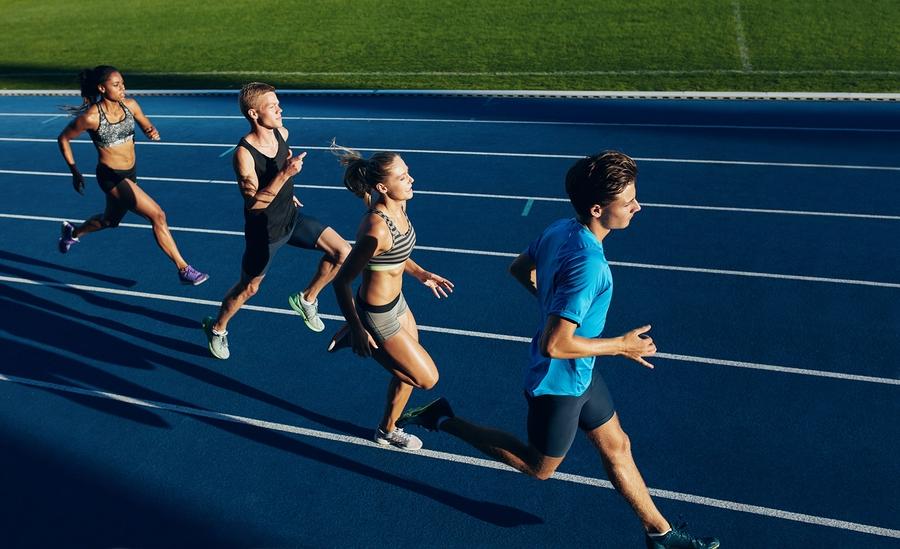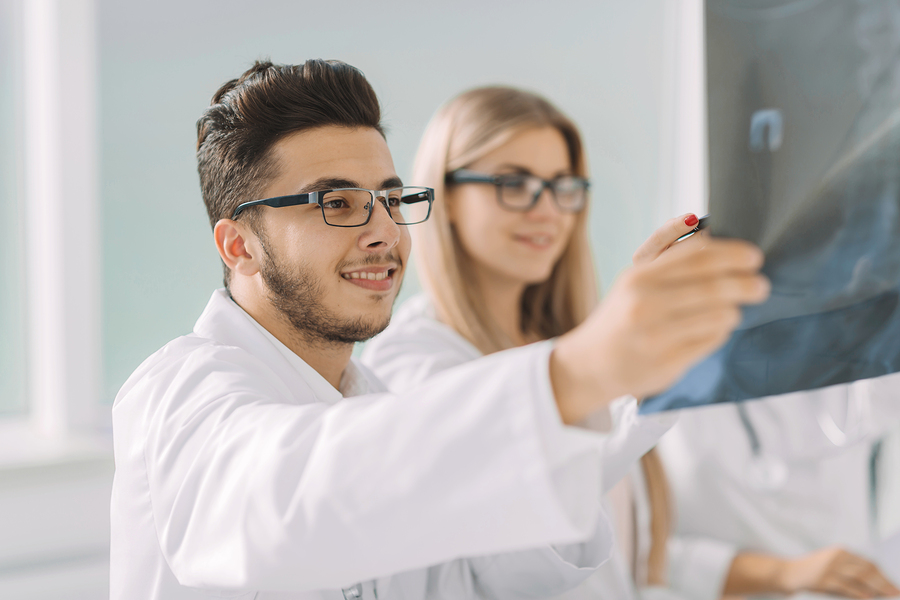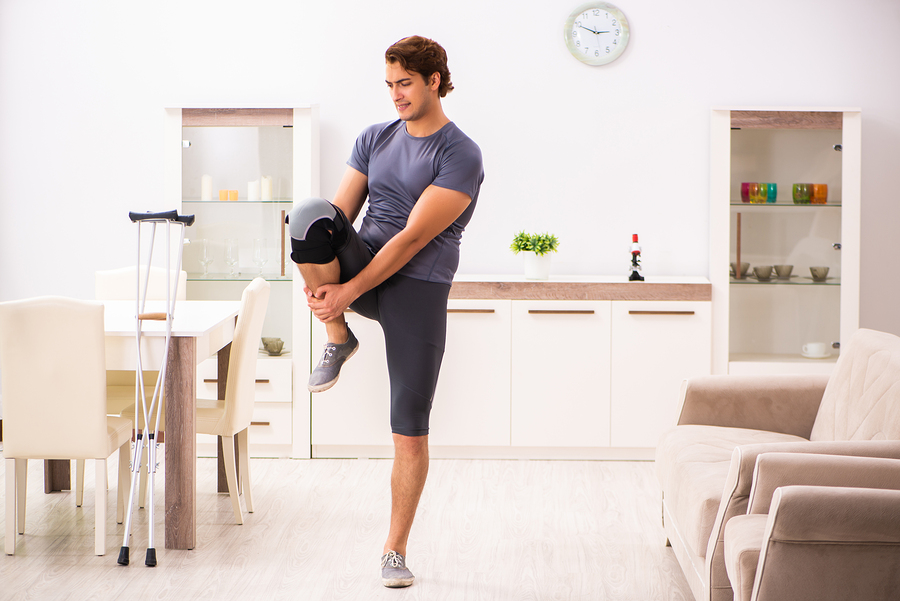Being an athlete can be tremendous fun and very rewarding. However, being an athlete also means that you are generally at a high risk of injuring yourself. This is because of the muscles, tendons, ligaments and bones that are involved when playing a sport.
These injuries can range from a mild problem that resolves itself to a more serious issue that you may never fully recover from, even with extensive treatment. This could of course not only impact on your career as a sports person but also have further reaching consequences into your life in general. Protecting yourself by adhering to safety procedures is the best thing you can do to avoid a serious injury, but sometimes an accident is unavoidable.
Treatment for Athletic Injuries
If you have suffered an injury as an athlete, then it is incredibly important that you seek treatment immediately. This will dramatically increase your chance of a full recovery and can also prevent further damage from occurring. It is also best to find the medical care professional with the right equipment and experience with dealing with your type of injury. An experienced medical professional can be the difference between a long, slow recovery and a more rapid fix for your issue. Given the importance for athletes to get back into their career sport as quickly as possible, choosing the right medical professional for you is vital.
Innovative Diagnosis Equipment
At Onto Orthopedics, we have a range of innovative diagnostic equipment on site that will help to confirm the problem and provide us with the knowledge to treat the damage as efficiently and effectively as possible. By using highly specialised diagnostic equipment, we can get to the root of the issue quickly and easily, rather than leaving you waiting for a diagnosis.
When seeking care for an athletic injury, it is important that you explain to the medical professional in charge of your care exactly how you sustained the injury. You must also explain the intensity of the activity you usually engage in and what level of performance you expect to get back to. This will help to paint a picture of your athletic expectations and therefore help your care practitioner to give you the best possible treatment. The more information you give the medical professional in charge of your treatment, the better tailored the treatment will be, and the more likely it is that a full recovery will be made.
Common Sporting Injuries
Common sporting injuries include muscle strains, tears to tendons, overstretched ligaments and cartilage tears. However, that is not to say that a wide range of other, less muscle-specific problems are not also experienced by sports people. Breaks, fractures and nerve damage can also easily occur, especially if a person is not adequately protected during their sport of choice.
Wearing protective equipment is a great way to protect against injury, although it is not applicable to every sport. Ensure that you and your fellow athletes have as much information as possible on the protective equipment you can use and the safety procedures you can follow to avoid injury, as a serious fall or other accident can seriously harm an athletic career.
Recovering From Injury
As you recover from your injury, you may find it beneficial or even necessary to use additional support during your day to day activities. Later, you may need support for your recovering injury during a reintroduction into your athletic sport of choice. This support could be in the form of a support band or a type of splint. Splints, braces and support bands help your body to heal in the optimum way, whilst also working to prevent any further damage from happening. Braces or splints will need to be fitted correctly, as they are designed to limit certain ranges of motion to ensure that further damage does not occur.
A proper fit and clear advice on usage is necessary for a strong recovery to be made from a sporting injury. You should make sure that any support bands, splints or other medical support aids that are used are fitted well to your body shape and are suitable for your injury, as you may well make the situation worse if unsuitable for your physique or injury. Consult the medical professional responsible for your treatment to ensure that you find the right solution for you.
Splints, braces and support bands can generally be used to augment movement in everyday activity, but may not be suitable for any strenuous exercise or return to sport. They are available at a low cost and will usually be recommended by the medical professional in charge of your care if they believe them to be of use.
Life After Recovery
A sporting injury recovery can be critical for the continuing professional career of an athlete, it is important to take the time to rest and heal, rather than rushing the recovery process. The medical professional you choose and the time you spend recovering will be instrumental in getting you back on track for your athletic aspirations.
References
Related Posts
Cigarettes May Inhibit Inflammation Treatments
Axial spondyloarthritis, also known as AxSpa, is a chronic…









